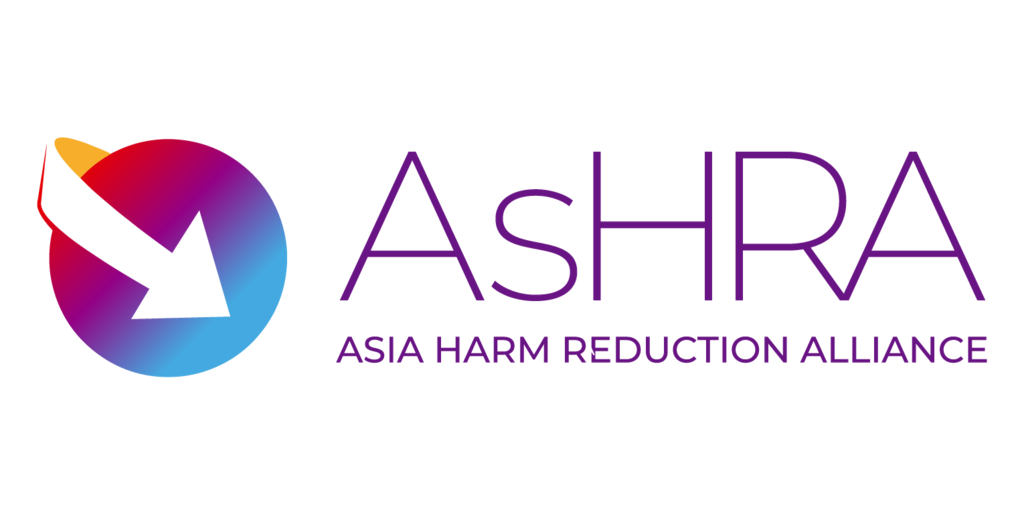LONDON–(BUSINESS WIRE)–A new research study titled, Integrating harm reduction into tobacco control reveals a significant opportunity: adopting tobacco harm reduction (THR) strategies could save 1.2 million lives in Pakistan.
This landmark study, launching at an event held by tobaccoharmreduction.net in London today, provides compelling evidence for the integration of harm reduction measures as a cornerstone of comprehensive tobacco control.
Dr. Derek Yach, principal author of the report, said: “Traditional measures for tobacco control have hit a plateau, despite smoking remaining the primary preventable cause of premature death globally. Governments already possess the tools for transformation; they only need to recognize that tobacco harm reduction products—already used by 150 million people worldwide—are instrumental in resolving this crisis.“
Currently, smoking claims more than 8.5 million lives annually, a toll that the World Health Organization (WHO) predicts will surge to 10 million in five years. Yet, Integrating harm reduction highlights the promise of a different path, showing that considerable loss of life can be prevented in Pakistan by embracing THR.
Dr. Delon Human, a key contributor to the report, states: “Tobacco control alone is insufficient in combating the deeply entrenched cigarette epidemic. It must be augmented by a comprehensive set of harm reduction measures. This includes the accessibility, acceptability, and affordability of less harmful alternatives like vaping and nicotine pouches, as well as proactive measures for early cancer diagnosis and treatment.“
The United Kingdom already provides a compelling example of what THR can achieve. E-cigarettes are actively suggested as a tool for those adults who wish to stop smoking and this has led smoking rates to almost halve, dropping from 20% to 12% in less than a decade.
Dr. Human adds, “Our message and recommendation is to not abandon tobacco control but enrich it with validated harm reduction strategies. Policymakers worldwide have both the moral obligation and the practical means to act. Adopting harm reduction strategies can radically rewrite the narrative, pivoting us from grim statistics to real stories of lives saved.“
*******
The Asia Harm Reduction Alliance (AsHRA) brings together leading harm reduction experts in the medical community. It’s our mission to reduce drug, alcohol and tobacco-related death and disease.
Contacts
Jessica Perkins
[email protected]








